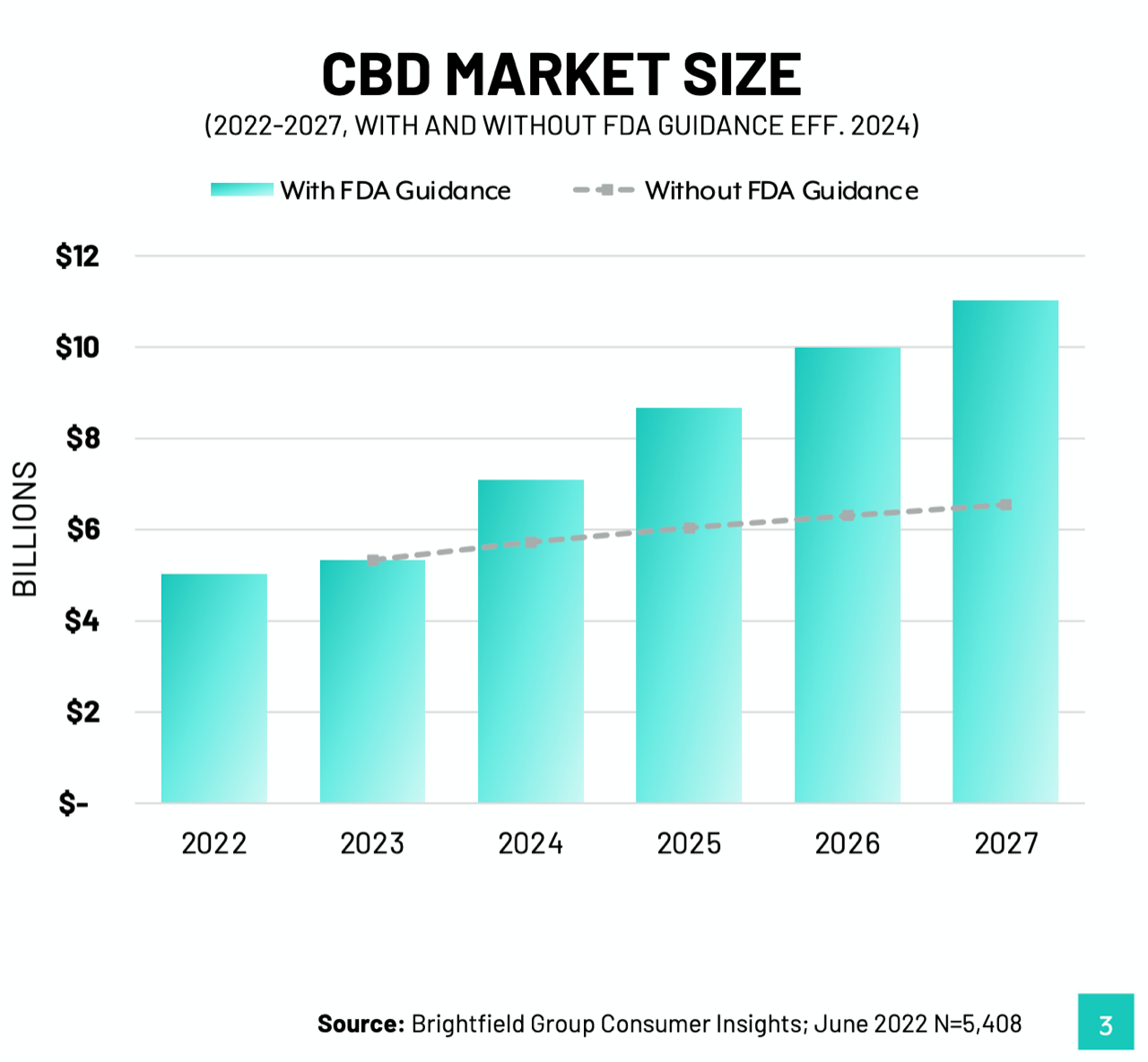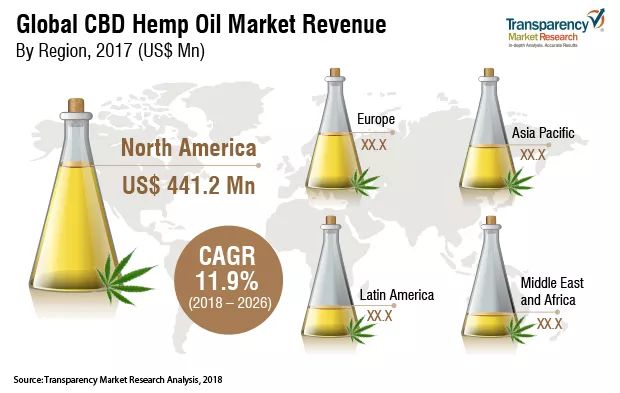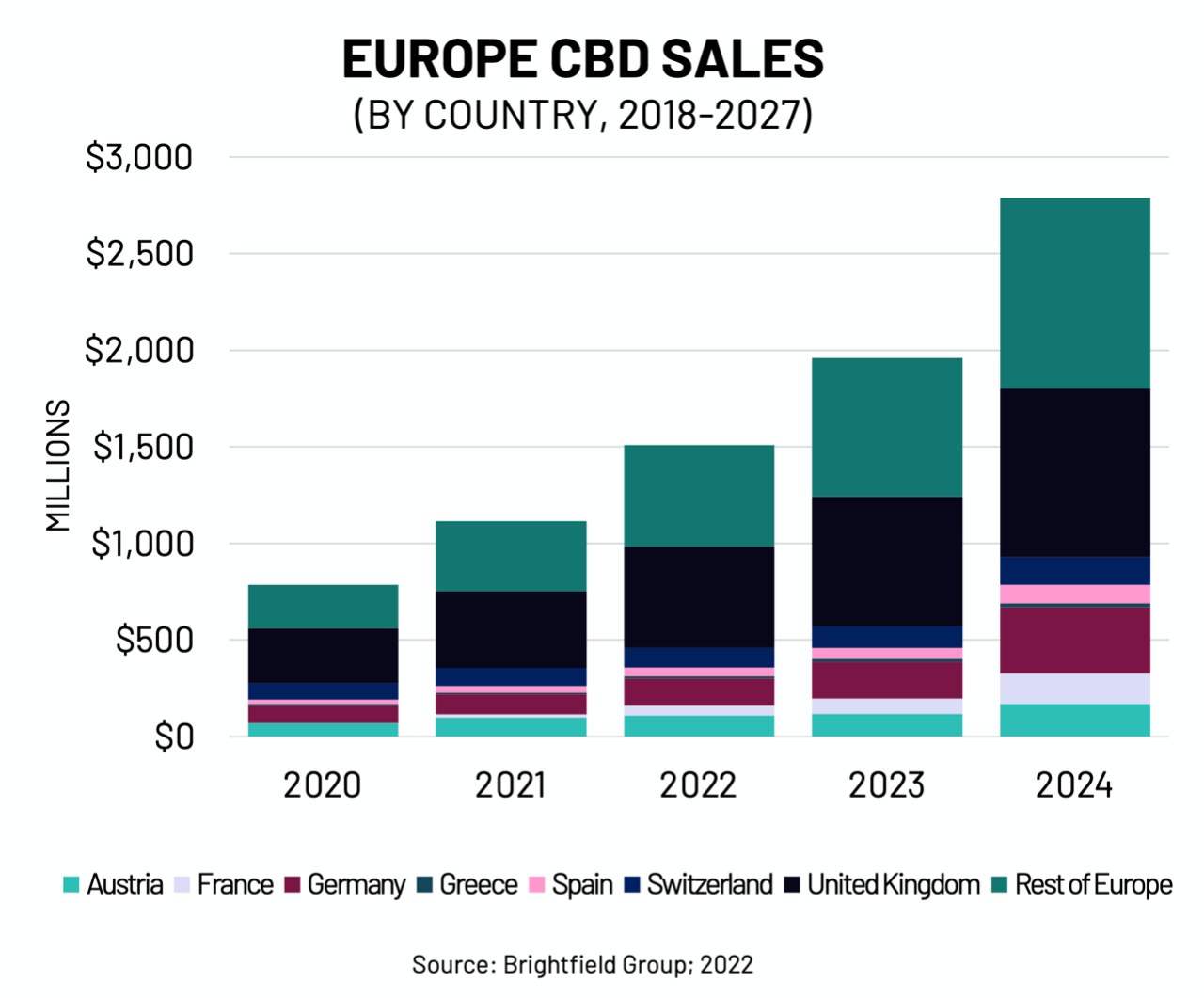


On August 28, 2019, former American football star Rob Gronkowski held a press conference in New York, not to announce a comeback as many had anticipated, but rather to unexpectedly introduce and promote Cannabidiol (CBD). Gronk revealed that he had been suffering from sports-related pain for years and had found complete relief through CBD usage. He hoped his story would encourage major sports organizations to allow athletes to choose CBD for alleviating the pain from sports injuries.
This isn't the first time CBD products have been endorsed. From athletes to actors, singers to finance moguls, individuals from various industries have embraced them.
Morgan Freeman uses CBD and THC to manage fibromyalgia, a condition he developed after a serious accident in 2008, and has been vocal about the benefits of cannabis.
Mike Tyson, the former boxer and champion, is currently developing a cannabis farm called the "Cannabis Resort" on 40 acres of land in California for smokers and growers. Recently, he launched his CBD brand, CopperGel®, expected to expand into cannabis beverages, edibles, and creams.
Whoopi Goldberg, TV host, writer, and fervent CBD advocate, champions how CBD aids women, especially in alleviating symptoms like spasms, menstruation, cramps, neuropathic pain, and menopausal discomfort. She herself uses cannabis oil to treat glaucoma, pain, and reduce stress.
Olivia Wilde, a renowned director, producer, model, and actress, has been using CBD oil to manage physical pain.
Michael J. Fox, As a Parkinson's disease patient, Michael J. Fox has been using cannabis oil to manage his condition and established the Michael J. Fox Foundation for Parkinson's Research in 2000. The foundation extensively researches the use of cannabis and CBD to help Parkinson's patients, demonstrating that cannabinoids from CBD protect brain cells through anti-inflammatory and antioxidant mechanisms, helping control appetite, improve mood, and sleep.
Melissa Etheridge, a platinum-selling singer, songwriter, and guitarist, used CBD oil to aid in her battle against breast cancer diagnosed in 2004. Having recovered, she is now actively involved in the cannabis industry, helping more patients.
Steve Kerr, the professional basketball coach of the Golden State Warriors, advocates for medical cannabis and has been studying CBD and its benefits, particularly in improving pain symptoms.
Rihanna, a globally renowned singer and actress, has long been supportive of cannabis use, evident in her social media and songs.
Alessandra Ambrosio, a famous Brazilian supermodel, revealed in an interview that she used CBD oil to alleviate anxiety and aid sleep while preparing for the Victoria's Secret fashion show, proving its effectiveness.
Anthony and Sergio Pettis are professional mixed martial artists (MMA) and UFC fighters. Anthony was a lightweight champion. Both fighters emphasize that CBD is an integral part of their post-training and fighting treatment regimen, accelerating the body's natural healing processes, acting as a potent anti-inflammatory without any side effects.

With the global prevalence of chronic and infectious diseases, the global CBD market is expanding. It is expected to surpass $2.5 billion by 2026, with a compound annual growth rate (CAGR) exceeding 11% from 2018 to 2026.
Regionally, the global CBD cannabis market is divided into North America, Europe, Asia-Pacific, Latin America, the Middle East, and Africa, with North America dominating the global market.
The high market share in North America is primarily due to the rapid increase in the elderly population and chronic disease patients, leading to an increased preference for cannabis treatment, further expanding the market. Additionally, the increase in Canadian cannabis production and the legalization of cannabis sales provide ample "drive" for cannabis demand in the North American market.
According to Brightfield Group data, the retail sales of CBD derived from industrial hemp in the United States are expected to reach $7 billion by 2024. If federal regulations are implemented by 2024, sales are projected to reach $11 billion by 2027, benefiting from the accelerated growth of ingestible products like capsules and gummies and increased acceptance by mainstream retailers. The growth of the CBD industry largely depends on FDA regulation. With regulatory reforms by 2024, sales in 2027 are estimated to exceed $4 billion more than without regulation. The CBD industry continues to face challenges from changing product portfolios and competition from other cannabis-derived cannabinoids, although price compression has begun to diminish, and the industry is increasingly attracting attention from major corporations.
North America: Dominates the global market due to the rapidly growing elderly population and increasing chronic disease patients opting for cannabis treatment. Canada's increased cannabis production and legalization further fuel the demand.
Europe: Predicted to reach sales of $2.7 billion by 2024, with the UK leading in sales. Growth is expected from edible sales post-Novel Foods, continued retail, and national regulatory changes.
Asia Pacific and Middle East: Forecasted to reach $420 million by 2024, with varying regulations from fully legal to recently criminalized. Japan leads in sales, with growth driven by regulatory reforms in Australia and Israel and increased cultural acceptance.
Latin America: Expected to reach $620 million by 2024, just beginning to flourish post-legalization for cannabis-derived CBD consumer use.

1. By 2027, international CBD sales are estimated to exceed $4 billion.
2. Europe is the largest CBD market outside of North America.
3. Asia Pacific, Middle East, and Latin America regions are expected to reach $1 billion each by 2027.
4. Regulatory frameworks vary by country.
Based on Brightfield Group data, the US industrial hemp-derived CBD market is expected to reach $7 billion by 2024. If federal regulations are implemented by 2024, sales are projected to reach $11 billion by 2027, driven by accelerated growth of ingestible products like capsules and gummies and increased acceptance by mainstream retailers. Regulatory changes by the FDA could further boost sales by over $4 billion by 2027.
In conclusion, CBD has permeated our lives, whether acknowledged or not, and its presence is evident across various sectors, endorsed by influential figures globally.